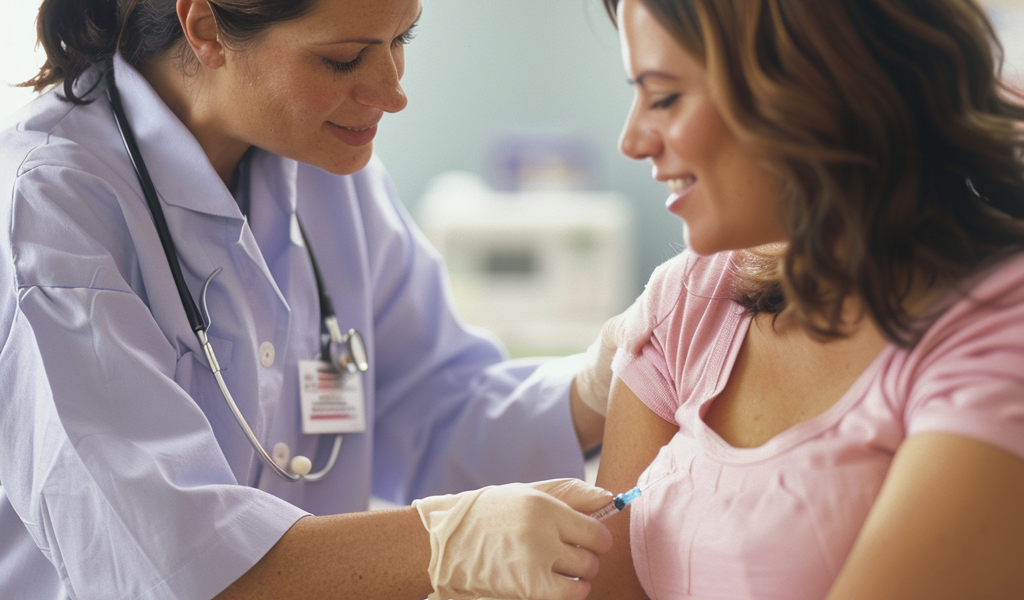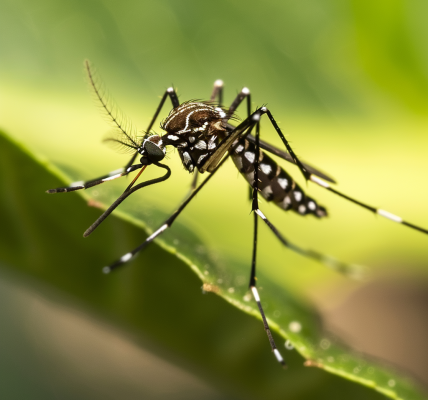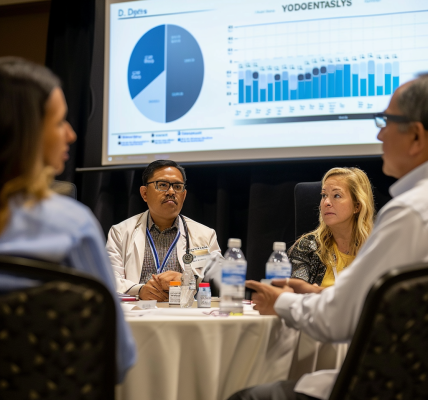Real-World Data Confirms Safety of RSV Vaccination in Late Pregnancy
Vaccinating mothers against respiratory syncytial virus (RSV) during late pregnancy to protect their newborns is not associated with an increased risk of preterm birth or other poor outcomes, according to a recent study.
The study, conducted by Weill Cornell Medicine and NewYork-Presbyterian investigators and published in JAMA Network Open, provides real-world evidence supporting the safety of Pfizer’s Abrysvo vaccine. The research found no significant difference in preterm birth rates between vaccinated women and unvaccinated women, adding confidence to the safety of the vaccine during pregnancy.
Study Details
The lead author of the study, Dr. Moeun Son, an associate professor of obstetrics and gynecology at Weill Cornell Medicine, highlighted the importance of real-world evidence in assessing vaccine safety. The senior author, Dr. Heather Lipkind, professor of obstetrics and gynecology, emphasized the need for additional data beyond clinical trials to ensure the safety of vaccines in diverse populations.
RSV Protection
RSV infections pose a significant risk to infants, leading to thousands of hospitalizations and deaths each year. The approval of the Abrysvo vaccine for pregnant women between 32 and 36 weeks of pregnancy marked a milestone in RSV prevention. The vaccine, recommended by the CDC, helps mothers pass protective antibodies to their infants, offering protection from day one.
Further Research
To evaluate the vaccine’s safety in real-world settings, the researchers analyzed pregnancy outcomes in over 3,000 patients who received care at NewYork-Presbyterian hospitals during the first year of vaccine availability. The study focused on preterm birth rates and other birth risks, providing valuable insights into the vaccine’s safety profile.
Conclusion
The study’s findings contribute to the growing body of evidence supporting the safety and effectiveness of RSV vaccination during late pregnancy. Real-world data plays a crucial role in informing public health policies and ensuring the well-being of mothers and infants.





